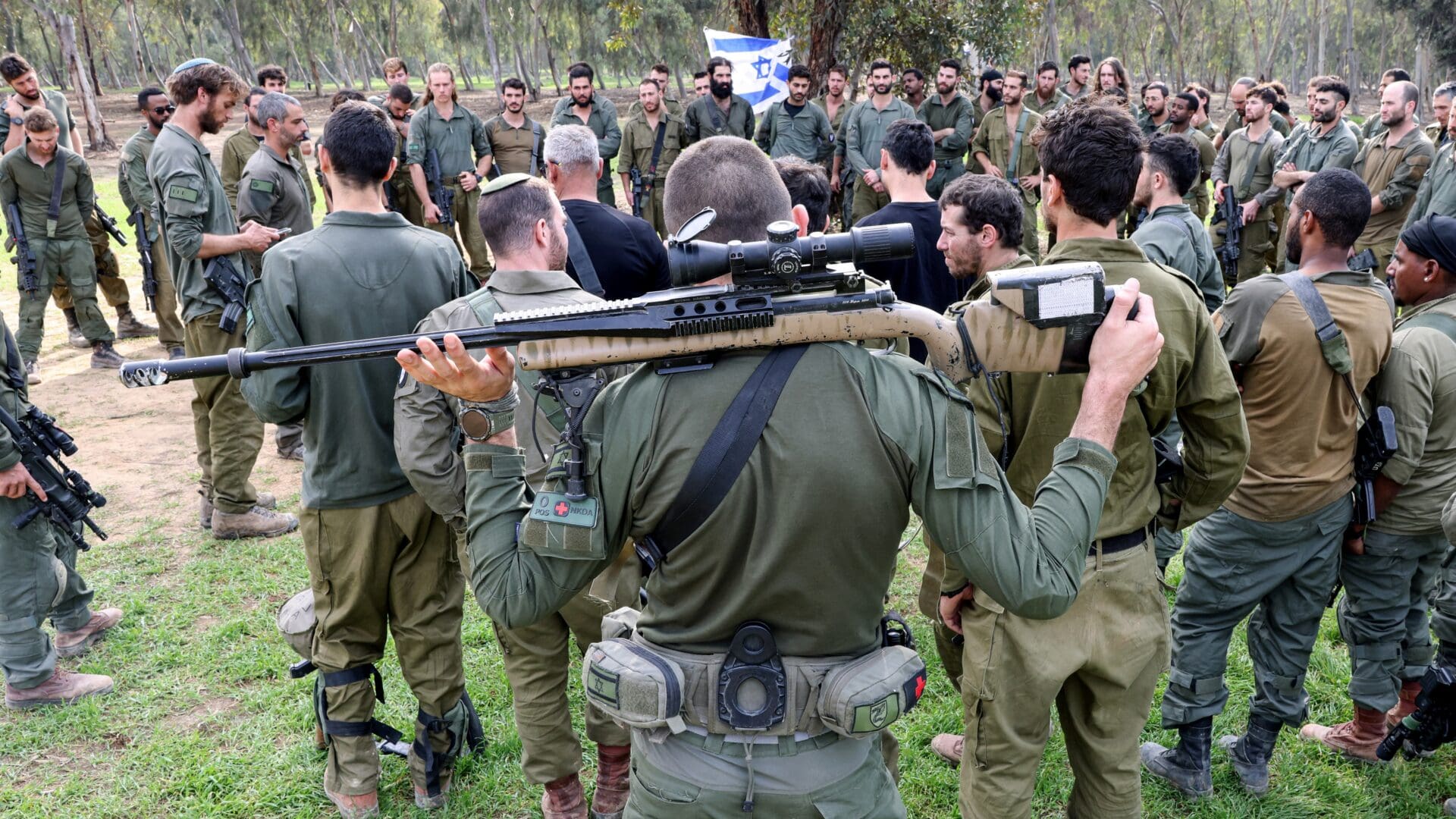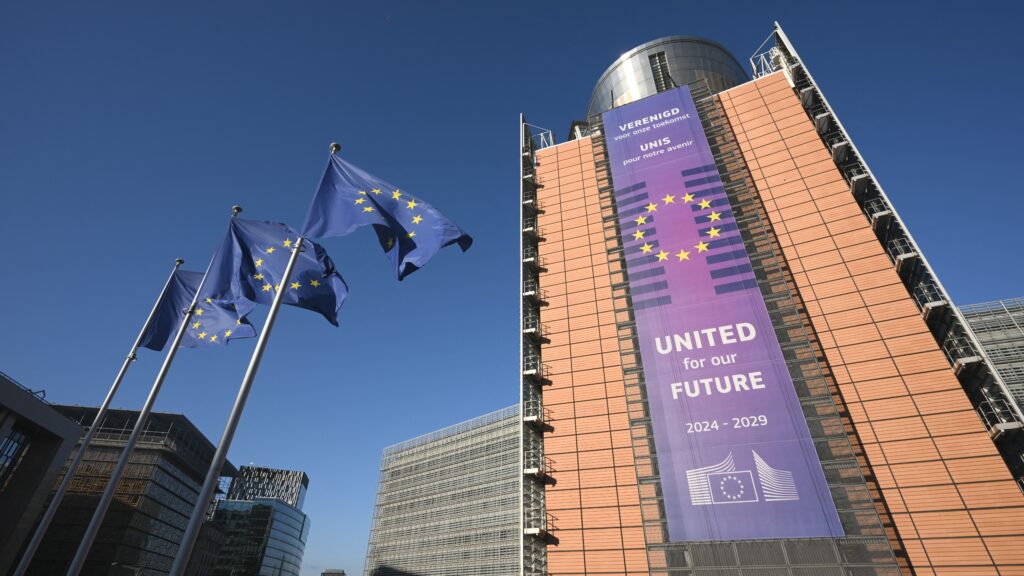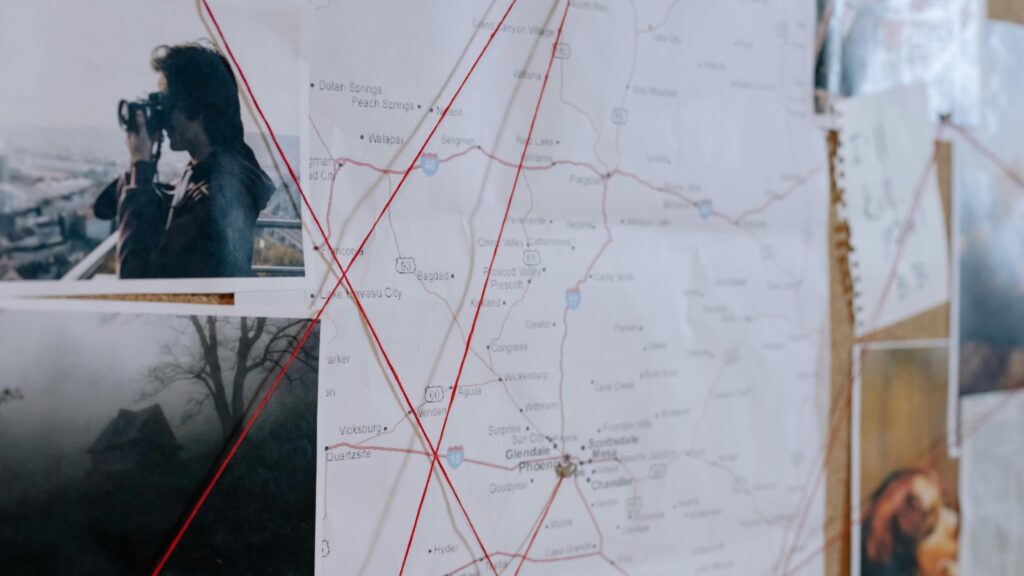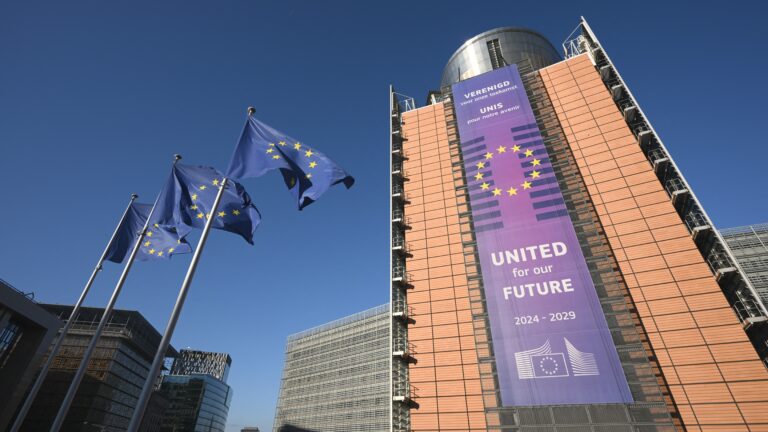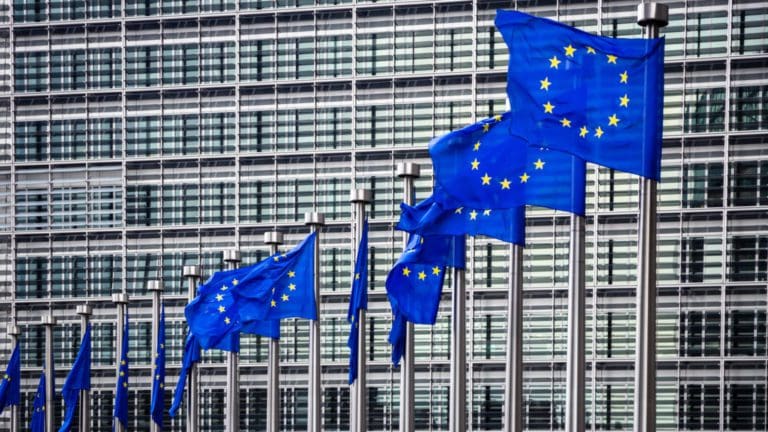Israel Defence and Security Forum’s (IDSF) position paper on the Israel-Hamas War titled ‘What Should Europe Do?’ highlights that supporting Israel’s right to defend itself, which was recognized by the European Parliament on 18 October, also includes a ‘ clear moral and diplomatic support’ for the IDF to complete its war objective: the eradication of Hamas, without calling for a cease-fire. As Hungarian Conservative reported, when the UN General Assembly called for an immediate call for a ceasefire in Gaza, Hungary supported Israel and was among the four European countries which voted against the resolution. However, besides the eradication of Hamas, Israel’s other war objective is to free all hostages Hamas brutally abducted.
As a follow-up to Hungarian Conservative’s interview with Or Yissachar, the head of research at IDSF, we asked his insights on the importance of opposing calls for a ceasefire, how Israelis view the humanitarian operational pause, how the war affects the West Bank, the antisemitic rise in European countries, Hungary’s strong pro-Israel stance, and the importance of Zionism.
Israel took an Unbelievable Risk to Rescue the Hostages
Mr Yissachar highlighted that a ceasefire is out of the question for both left- and right-wing Israelis, and politicians know that it would be the end of their political careers if they don’t continue to support the war effort. While the reactions of Israelis to the temporary ceasefire were mixed as many felt it was like ‘making a deal with Satan’, at the end of the day, there was nobody who would oppose the opportunity to give back the hostages their lives.
At the same time, the security expert highlighted, some families whose loved ones are still held in captivity rightly argued that Hamas selected and played with people when they decided that they would only release women and children, not men and soldiers.
Mr Yissachar also stressed that the hostage deal was an unbelievable risk Israel took as it included the release of Palestinian prisoners who, despite being young women or even children, have committed serious terrorist acts. For instance, a Palestinian minor who had murdered an Israeli child and a young woman went back to live next door to her neighbour whom she had attempted to murder with a knife while the woman was walking down the street with her children.
Radicalization and Overwhelming Support for Hamas in the West Bank
A recent incident in Tulkarm showed that the war not only affected the Gaza Strip but further radicalized the West Bank as well. A few weeks ago, in the West Bank city of Tulkarm, two men were publicly executed after reportedly being accused of collaborating with Israeli forces. The two men were hung on an electric pole as a crowd celebrated the lynching. The incident reflects the changed mood in the West Bank: the popularity of the Palestinian Authority and Fatah has apparently declined significantly, whereas Hamas and other radical terror groups like the Islamic Jihad are getting more popular.
Mr Yissachar noted that as part of the IDSF study titled ‘The Day Post Abbas’, they examined the views of Palestinians living in the West Bank as expressed on social media platforms
and found overwhelming support for Hamas.
However, Mr Yissachar pointed, the Palestinian Authority and Fatah were not weakened because of Israel’s actions. On the contrary: Tel Aviv channeled government funds to them, provided them with loans, arrested their political opponents and removed Hamas from the West Bank, after Hamad had tried multiple times to remove the PA from power. The PA weakened because of internal corruption, its democratic deficit, and because of its ruthless treartment of political opponents who were tortured in custody. According to IDSF assessment, what should happen in the post-Abbas period is ‘there should be city-states, the Palestinian Authority should be dismantled, both in Judea and Samaria and in Gaza, they should have Palestinian population centres with local mayors and local governors and the IDF should have complete freedom of operation to arrest anyone suspected of terrorism.’
The Arab World Research and Development Group’s survey conducted in November also shows the increased support of Hamas not only in Gaza but in the West Bank as well. According to the survey, 60 per cent of Gaza and West Bank Palestinians strongly supported the ’military operation carried out by the Palestinian resistance led by Hamas on 7 October’. An additional 16 per cent expressed moderate support, totalling three-quarters of respondents supporting the massacre. The survey also explored what respondents thought the primary motivation of the attack was. 35 per cent believe the goal of Hamas’s attack was ’to stop violations of Al-Aqsa’, 29 per cent it seeks to ’free Palestine’, and 21 per cent think the attack’s aim was to break the ’Israeli siege of Gaza’.
Europe Should Wake up Before it’s Too Late
A surge in Hamas’s support isn’t only seen throughout the Arab World but also in Western countries. There have been several pro-Hamas demonstrations which caused an upsurge in antisemitism in Western countries. As Mosab Hassan Yousef, known as the Son of Hamas, stressed: ‘If Israel fails in Gaza, the rest of the world will be next.’
Mr Yissachar highlighted that
Europe should have woken up already when ‘millions of people swarmed through its borders of Europe, and absolutely nothing was done,
with the responsible agencies simply welcoming migrants and not enforcing border control.’ The security expert pointed out that anti-Semitism has existed in Europe for centuries or in some cases millennia but has been ‘increased by a wave of people from the Middle East who have traditionally come from countries where they educate children that Israel is not even on the map and Jews are somehow responsible for all their troubles.’ ‘They also hear the United Nations saying that if Israel decides to give up territory, that will bring true and lasting peace to the Middle East. So they’re blaming the one Jewish state for being responsible for over eight million deaths in the Middle East. This is the moern version of antisemitism, blaming the Jews for global issues,’ -Mr Yissachar explained. In his view, European countries should ‘deport people who have no citizenship and laud Hamas publicly’ and ‘wake up before it’s too late.’ However, if things escalate in Europe, Israel would have the back of European countries and support their right to self-defence, he stressed.
’Hungary is Unapologetically Pro-Israel’
As Hungarian Conservative reported, pro-Hamas marches in Hungary were banned ahead of 13 October, which Hamas had designated as ‘World Jihad Day’; violence and antisemitism are not something Hungarian Jewish communities have to experience. In fact, a Jewish refugee camp on the shore of Lake Balaton in Hungary was converted into a safe haven for 250 Israeli Jews who wanted to escape with their families from the horrors of war.
According to Mr Yissachar,
’It’s inspiring to see Hungary’s unapologetically pro-Israel stance and more countries should follow this example.’
The security expert added that standing by Israel shouldn’t be complicated, and European countries shouldn’t be afraid of political correctness as there is clearly a good and evil side to what’s happened. Mr Yissachar added that this would also be crucial for preserving European countries and their Jewish communities. The security expert also criticized some media outlets and European politicians for ‘telling only half of the story’ regarding what’s happening in the Israel–Hamas war, where they’re focusing on the Gaza bombardments without mentioning what led to these events. In fact, Mr Yissachar added, that they’re doing the same when covering Hungarian migration policies and forget to mention why Hungary was forced to build a border fence in the first place.
Mr Yissachar also explained the importance of Zionism, which has been criticized throughout the world, with anti-Zionism turning into anti-Semitism. He highlighted that Zionism is the ‘lodestar’ of Israelis as the Jewish State is the only country where they can be safe, where they can protect themselves and fight for their lives. Mr Yissachar illustrated how Israelis are aware of what they’re fighting for in Gaza with the story of one of the 23-year-old hostages, Elyakim Libman’s two brothers, who are combat soldiers fighting in Gaza and wherever they go, they spray paint on the walls ‘Elyakim, just hang in there, we’re coming!’

